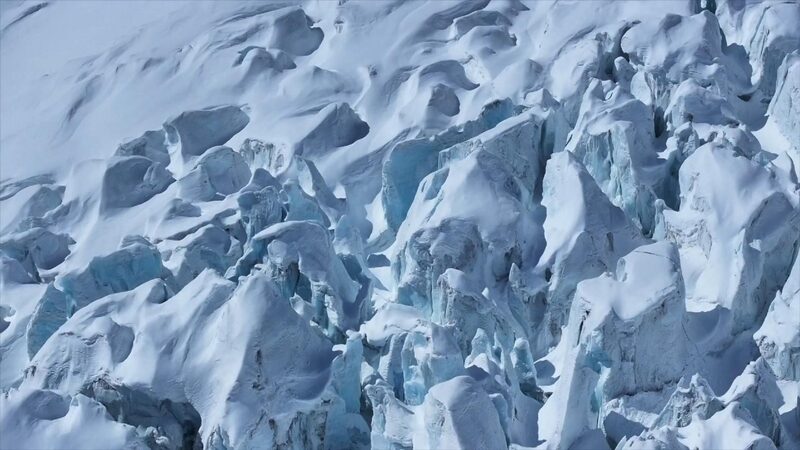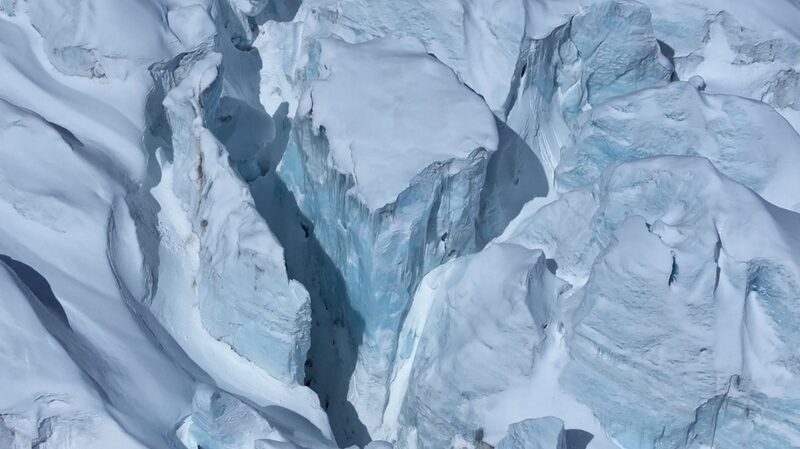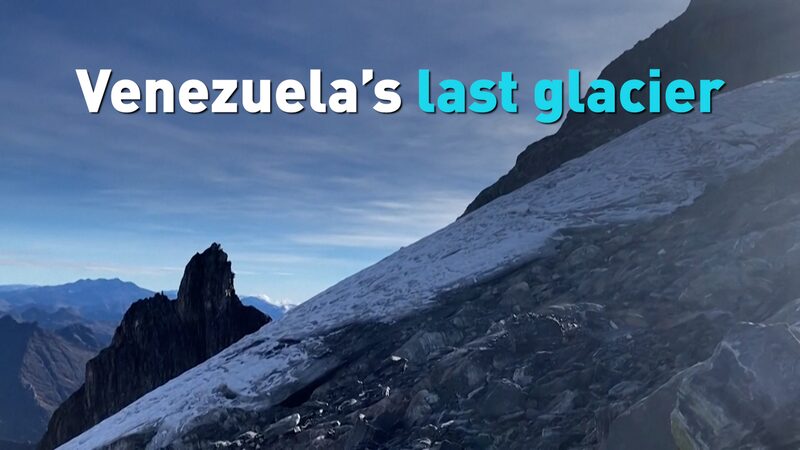World Water Day 2023: The Urgency of Glacier Preservation
March 22 marks World Water Day, an annual United Nations observance established in 1993 to raise awareness about the importance of freshwater resources and advocate for the sustainable management of freshwater. This year’s theme is “Glacier Preservation”, highlighting the critical role glaciers play in our global water supply and the urgent need to protect them.
Glaciers are massive bodies of ice that form over centuries from accumulated snowfall. Found in high-altitude and polar regions, they store about 70% of the Earth’s freshwater. For billions of people around the world, melting glaciers are a vital source of water for drinking, agriculture, and electricity.
However, due to climate change and rising global temperatures, glaciers have been retreating at an alarming rate since the mid-19th century. According to the World Meteorological Organization, the years 2022 to 2024 have witnessed the largest glacier mass losses on record. The United Nations World Water Development Report, released on March 21, emphasizes that approximately 2 billion people rely on freshwater from melting glaciers, making their preservation crucial for our future.
In China, glaciers cover about 46,000 square kilometers, with around 69,000 individual glaciers recorded in 2020. The Third Chinese Glacier Inventory, released recently, indicates that China’s glacier area has decreased by about 26% since the 1960s, with approximately 7,000 small glaciers vanishing completely.
The primary drivers behind this rapid glacier melt include global warming, seasonal variations, and air pollution. Higher temperatures accelerate melting, while reduced snowfall leads to an imbalance in glacier mass. Additionally, pollutants like black carbon reduce the reflectivity of ice surfaces, causing them to absorb more heat and melt faster.
The consequences of glacier melt are far-reaching. Increased meltwater contributes to rising sea levels, threatening coastal communities and ecosystems. Initially, it may cause rivers to swell, but over time it can lead to water scarcity as glaciers shrink. This also disrupts habitats, endangering plant and animal species, and can intensify extreme weather events such as floods and droughts.
Recognizing these challenges, the United Nations is calling for urgent action to reduce carbon emissions and protect our planet’s glaciers. China is actively participating in global efforts to conserve water resources. The 38th “China Water Week,” held from March 22 to 28, features a variety of activities aimed at promoting public awareness about water conservation and protection.
As young people around the world, especially in the Global South, face the impacts of climate change, World Water Day serves as a reminder of the importance of preserving our glaciers and freshwater resources. By taking collective action now, we can help secure a sustainable future for generations to come.
Reference(s):
World Water Day: The urgency of glacier preservation for our future
cgtn.com





